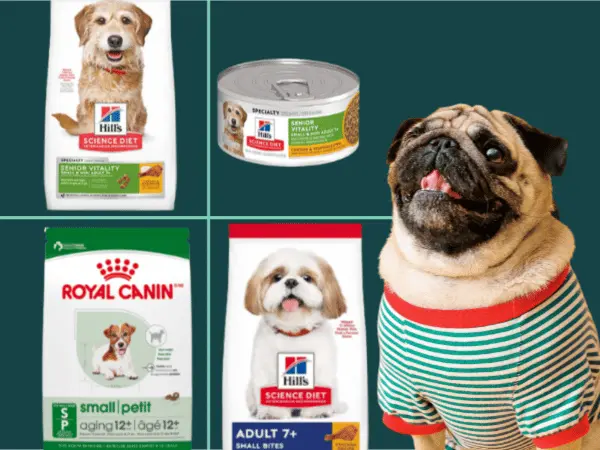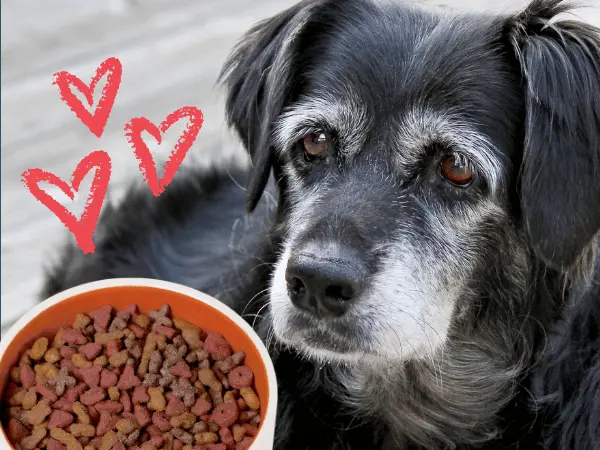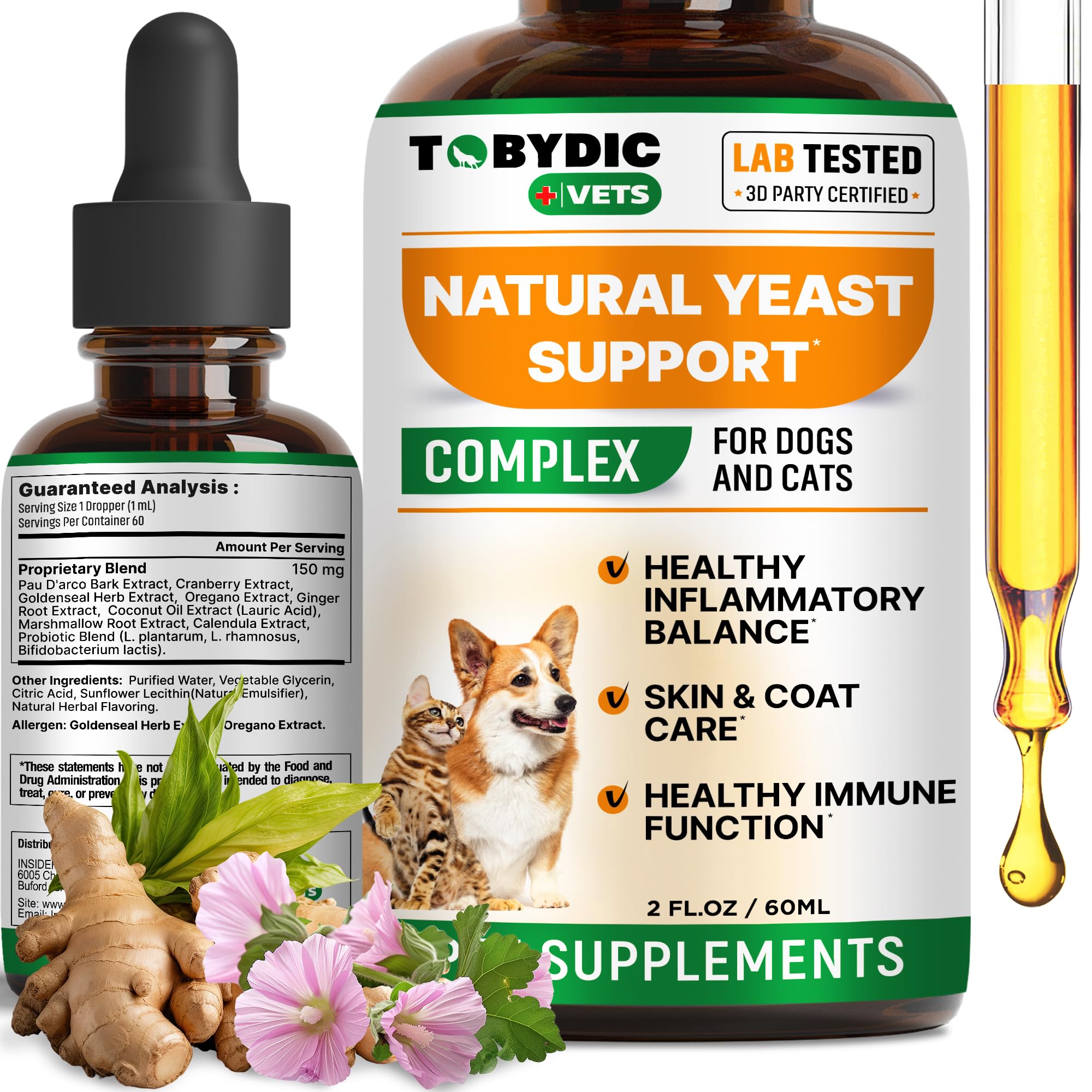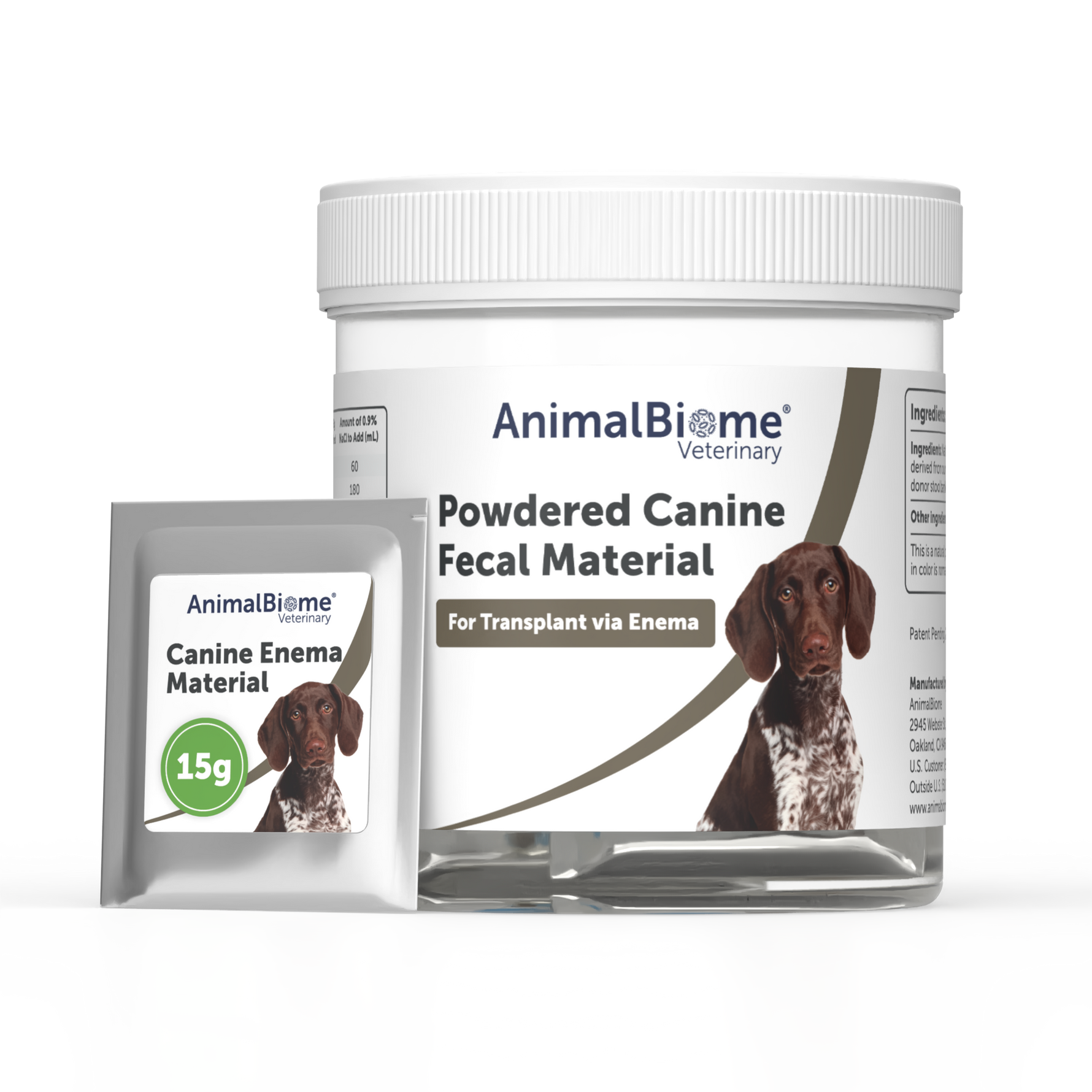If you have a senior dog, you probably want the best for them. You might be wondering, “Do senior dogs need special food?” The answer isn’t always simple, but it’s important.
Just like people, dogs’ needs change as they get older. Feeding your furry friend the right food can help keep them healthy, active, and happy for years to come. You’ll discover why senior dogs may need different nutrition and how to choose the best food for your loyal companion.
Keep reading to learn what can make a real difference in your dog’s golden years.

Credit: www.splootvets.com
Changes In Senior Dog Nutrition
As dogs age, their nutritional needs change. Senior dogs often need different food than younger dogs.
Adjusting their diet helps keep them healthy and comfortable in old age.
Metabolic Rate And Energy Needs
Older dogs usually have a slower metabolism. They burn fewer calories than before.
This means they need less energy from food to avoid gaining weight.
- Lower calorie food helps control weight
- Balanced nutrients support overall health
- Portion control prevents overeating
Digestive System Adjustments
The digestive system of senior dogs may not work as well. They might absorb nutrients less efficiently.
Food that is easy to digest can help them get the nutrients they need.
- High-quality protein supports muscle maintenance
- Fiber helps with healthy digestion
- Probiotics can improve gut health

Credit: jiminys.com
Key Nutrients For Aging Dogs
Senior dogs need special food to stay healthy and active. Their bodies change as they age, so their nutrition needs shift too.
Providing the right nutrients helps support their joints, brain, and immune system. It can also keep their weight under control.
Protein Requirements
Older dogs need good quality protein to maintain muscle mass. Protein helps repair tissues and keeps their body strong.
Choose foods with easily digestible protein sources like chicken, fish, or eggs. Avoid low-quality proteins that are hard to digest.
Fat And Omega Fatty Acids
Fat is a vital energy source for senior dogs. Omega-3 and omega-6 fatty acids help keep their skin and coat healthy.
These fats also reduce inflammation and support brain health. Look for fish oil or flaxseed oil in their diet.
- Provides energy
- Supports brain function
- Improves skin and coat
- Reduces joint inflammation
Vitamins And Minerals
Vitamins and minerals help senior dogs stay healthy. They support the immune system and keep bones strong.
Important nutrients include vitamin E, vitamin C, calcium, and phosphorus. These nutrients aid in healing and prevent deficiencies.
- Vitamin E: Protects cells from damage
- Vitamin C: Boosts immune health
- Calcium: Maintains strong bones
- Phosphorus: Supports energy production
Common Health Issues In Senior Dogs
Senior dogs face many health changes as they age. Their bodies need special care to stay healthy.
Feeding the right food helps manage common health problems. It supports their well-being and comfort.
Joint Health And Mobility
Older dogs often have joint pain and stiffness. This can make moving and playing hard for them.
Special food with glucosamine and omega-3 fatty acids can help keep joints healthy. It reduces inflammation and improves movement.
- Glucosamine supports cartilage repair
- Omega-3 reduces joint swelling
- Antioxidants protect joint tissues
Weight Management
Senior dogs tend to gain weight easily. Extra weight puts stress on their joints and heart.
Low-calorie food with balanced nutrients helps control weight. It keeps dogs active and reduces health risks.
- High fiber helps dogs feel full
- Lower fat reduces extra calories
- Protein maintains muscle strength
Dental Care
Senior dogs often face dental problems like tartar and gum disease. These can cause pain and infections.
Dry kibble and special dental diets help clean teeth. Good dental care improves overall health and comfort.
Choosing The Right Senior Dog Food
Senior dogs need food that supports their health as they age. Their bodies change, and they need nutrients that help with joints, digestion, and energy.
Choosing the right food helps keep your senior dog active and comfortable. You can pick from commercial foods or homemade options.
Commercial Senior Dog Foods
Commercial senior dog foods are made to meet the needs of older dogs. They often have less fat and calories to prevent weight gain. These foods include extra vitamins and minerals for joint health.
Many brands add ingredients like glucosamine and omega-3 fatty acids. These help support bones and reduce inflammation. Commercial foods also have easier-to-digest proteins and fibers.
- Lower calories to avoid obesity
- Added vitamins for immunity
- Support for joint health
- Ingredients for better digestion
Homemade And Natural Options
Homemade food lets you control ingredients. You can choose fresh meats, vegetables, and grains that your dog enjoys. Natural options often avoid artificial additives found in some commercial foods.
It is important to balance homemade meals with protein, fats, and vitamins. You may need advice from a vet to ensure your dog gets all needed nutrients. Some natural foods like pumpkin and fish oil help with digestion and coat health.
- Use fresh meats and vegetables
- Add sources of omega-3, like fish oil
- Include fiber-rich foods like pumpkin
- Consult a vet for balanced nutrition
Feeding Tips For Senior Dogs
Senior dogs need special care with their food. Their bodies change as they age.
Feeding them the right way helps keep them healthy and happy.
Meal Frequency And Portion Control
Older dogs may need smaller meals more often. This helps digestion and energy levels.
Controlling portions prevents weight gain and health problems. Follow your vet’s advice.
- Feed two to three small meals daily
- Measure food to avoid overfeeding
- Watch your dog’s weight and adjust portions
Hydration Importance
Senior dogs need plenty of water to stay healthy. Water helps with digestion and joint health.
Always provide fresh water and check that your dog drinks enough.
- Keep water bowls clean and full
- Offer water during and after meals
- Use wet food to add extra moisture
When To Consult A Veterinarian
Senior dogs often need special food to stay healthy. Their bodies change as they age. This can affect their nutrition needs.
It is important to talk to a veterinarian about your senior dog’s diet. They can help decide if special food is needed.
Signs Of Nutritional Deficiencies
Watch for signs that your dog may not get enough nutrients. Poor nutrition can cause health problems in senior dogs.
Common signs include weight loss, dull coat, and low energy. If you see these, contact your veterinarian.
- Unexplained weight loss or gain
- Dry or flaky skin
- Thinning or dull fur
- Weakness or tiredness
- Changes in appetite
Special Dietary Needs
Senior dogs may need food with different nutrients. Their metabolism and organs work differently than before.
A veterinarian can recommend diets for kidney health, joint support, or weight control. Special food helps keep dogs comfortable.
- Low-calorie food for weight management
- High fiber to aid digestion
- Added vitamins for immune support
- Ingredients to support joint health
- Easy-to-digest proteins

Credit: www.splootvets.com
Frequently Asked Questions
Do Senior Dogs Need Special Food For Health?
Yes, senior dogs need special food to support aging joints, digestion, and energy levels. Their metabolism slows down, requiring fewer calories but more nutrients.
What Ingredients Are Best In Senior Dog Food?
Senior dog food should include high-quality protein, fiber, omega-3 fatty acids, and antioxidants. These ingredients promote muscle health, digestion, joint support, and immune function.
How Does Senior Dog Food Differ From Regular Dog Food?
Senior dog food contains fewer calories, more fiber, and added supplements like glucosamine. It addresses common senior health issues like weight gain and joint pain.
When Should I Switch My Dog To Senior Food?
Switch to senior dog food around 7 years old or as advised by your vet. Early transition helps maintain their health and energy in later years.
Conclusion
Caring for senior dogs involves special attention to their diet. Their nutritional needs change as they age. Adjusting their food can help maintain health and energy. Senior dogs benefit from balanced meals. Look for formulas rich in protein and low in calories.
Consider their specific health issues too. Always consult a veterinarian for advice. They can guide you on the best diet plan. Remember, a healthy diet keeps your senior dog happy and active. Small changes in their food can make a big difference.
Prioritize their well-being with thoughtful meal choices.







